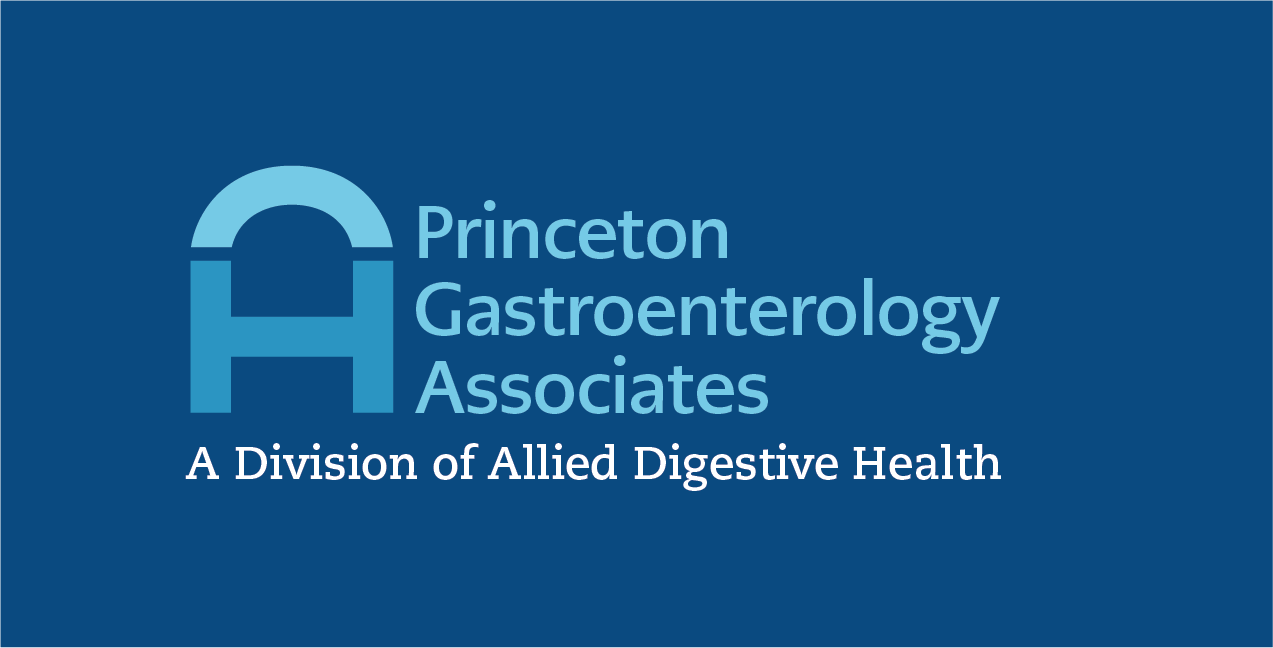
Irritable Bowel Syndrome (IBS) is a common gastrointestinal disorder that affects the large intestine. Although IBS does not cause permanent damage to the intestines, it can significantly impact a person’s quality of life.
The exact cause of IBS remains unknown, but factors such as abnormal intestinal muscle contractions, heightened gut sensitivity, and disruptions in the gut-brain connection are believed to play a role. Management of IBS often includes dietary adjustments, stress management, and certain medications tailored to individual symptoms.
Why IBS Affects Women Differently Than Men
Irritable Bowel Syndrome (IBS) tends to affect women more frequently than men, and hormones may play a significant role in this disparity. Variations in female sex hormones like estrogen and progesterone can influence gut motility and sensitivity, leading to fluctuations in IBS symptoms during different phases of the menstrual cycle.
Studies suggest that women may experience a heightened gut-brain response, which could contribute to more severe or chronic symptoms. Psychological factors, including the higher prevalence of anxiety and depression in women, may also exacerbate IBS. Understanding these gender-specific differences is crucial for providing tailored treatment approaches that effectively address the unique needs of female patients.
The Role of Hormones in IBS Symptoms
Hormones play a significant role in the manifestation and severity of IBS symptoms, particularly in women. Many women report worsened IBS symptoms, including bloating, abdominal pain, and altered bowel habits, during the luteal phase or menstruation. These hormonal changes can affect gut motility, sensitivity, and the overall gut-brain axis.
Conditions such as pregnancy, menopause, and the use of hormonal contraceptives may also influence IBS presentation, highlighting the need for a deeper understanding of hormonal interactions to improve targeted treatment strategies.
IBS and the Menstrual Cycle: What’s the Connection?
The connection between IBS and the menstrual cycle is complex and deeply intertwined with hormonal fluctuations. During the menstrual cycle, levels of estrogen and progesterone fluctuate, influencing not only the reproductive system but also digestive processes.
For many individuals with IBS, symptoms such as cramping, diarrhea, and constipation often intensify during the luteal phase and menstruation due to heightened gut sensitivity and changes in motility.
Interaction between these hormones and the gut-brain axis further exacerbates stress and discomfort, making symptom management more challenging. Recognizing these patterns is crucial for developing more personalized and effective treatment strategies for those affected.
Emotional Health, Stress, and IBS in Women
The connection between emotional health, stress, and IBS is particularly prominent in women. Stress has been shown to impact gut function directly, often intensifying symptoms such as abdominal pain, bloating, and altered bowel habits.
For many women, the hormonal fluctuations throughout the menstrual cycle can heighten emotional sensitivity and stress levels, compounding IBS-related discomfort. The gut-brain axis plays a central role in this interplay, as stress and anxiety can disrupt normal gastrointestinal processes.
Developing stress management techniques, such as mindfulness, relaxation exercises, and cognitive behavioral therapy, can be essential in alleviating both the emotional and physical burden of IBS in women.
How IBS Symptoms May Change Over Time
IBS symptoms can evolve and change over time due to a variety of factors such as age, hormonal fluctuations, lifestyle changes, and stress levels. For some individuals, symptoms may become milder with age, while others may experience a worsening of their condition. Hormonal changes, such as those occurring during pregnancy, menopause, or aging, can significantly influence the severity and frequency of symptoms.
Treatment Approaches Tailored for Women
Effective management of IBS in women often requires a personalized treatment plan that considers hormonal, dietary, and lifestyle factors. Hormonal fluctuations, such as those linked to the menstrual cycle, may exacerbate symptoms, and healthcare providers may recommend hormonal therapy or other targeted interventions to address these issues.
Incorporating a low-FODMAP diet has been proven beneficial for many women, alleviating common triggers such as bloating and abdominal pain. Stress reduction techniques, including mindfulness, yoga, or counseling, can also play a crucial role in managing symptoms effectively. By tailoring treatment to the unique needs of women, it is possible to achieve better symptom control and improve overall quality of life.
When To Talk to Your Doctor
It’s important to recognize when professional medical advice is necessary. You should consider consulting your doctor if symptoms persist despite lifestyle changes or over-the-counter remedies, or if they worsen over time.
If you experience severe pain, unexplained weight loss, or any new or concerning symptoms, these could indicate a more serious underlying condition that requires immediate attention. Open communication with the professionals at Allied Digestive Health can help identify the root cause of your symptoms and ensure that you receive the appropriate care and treatment tailored to your needs.
Footer
© All Rights Reserved


